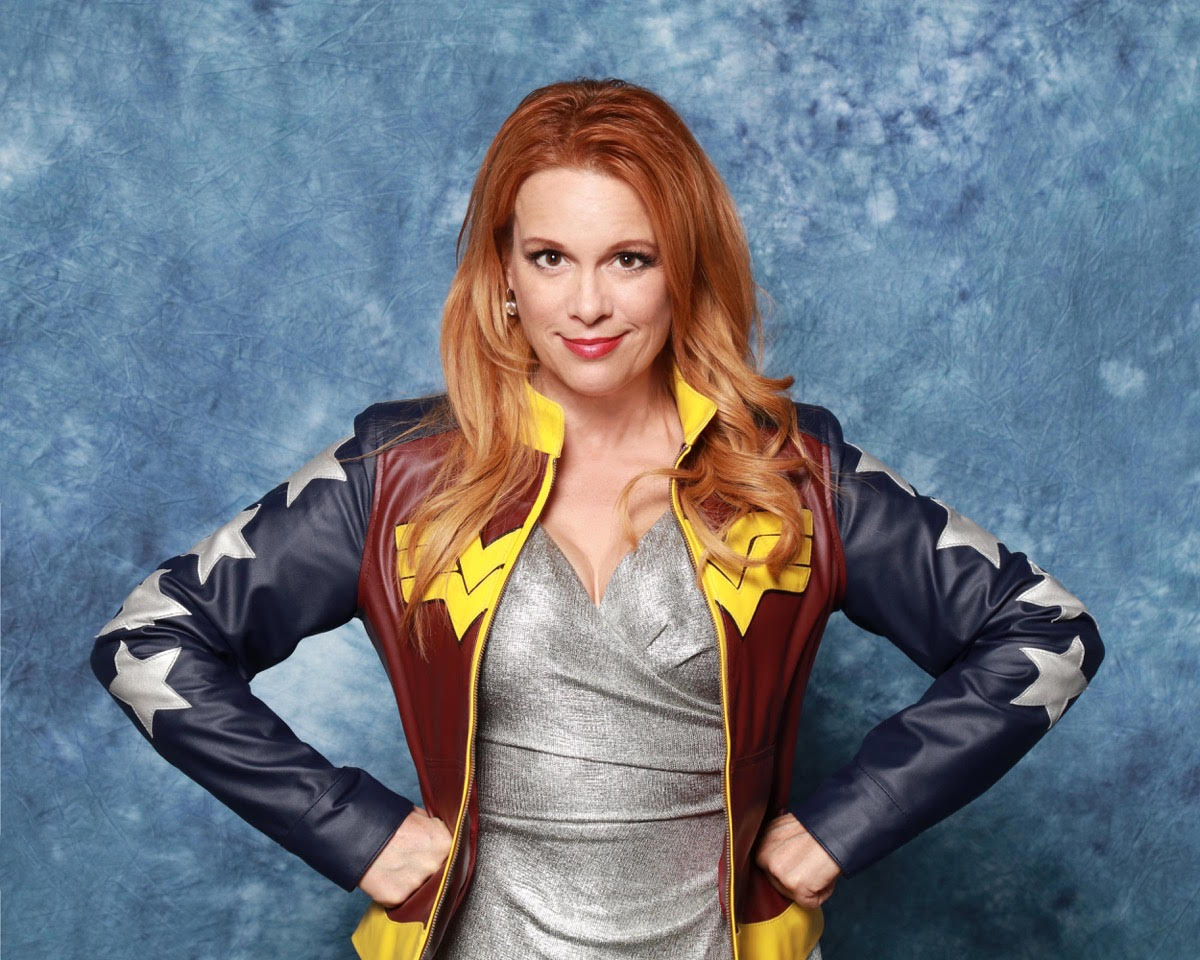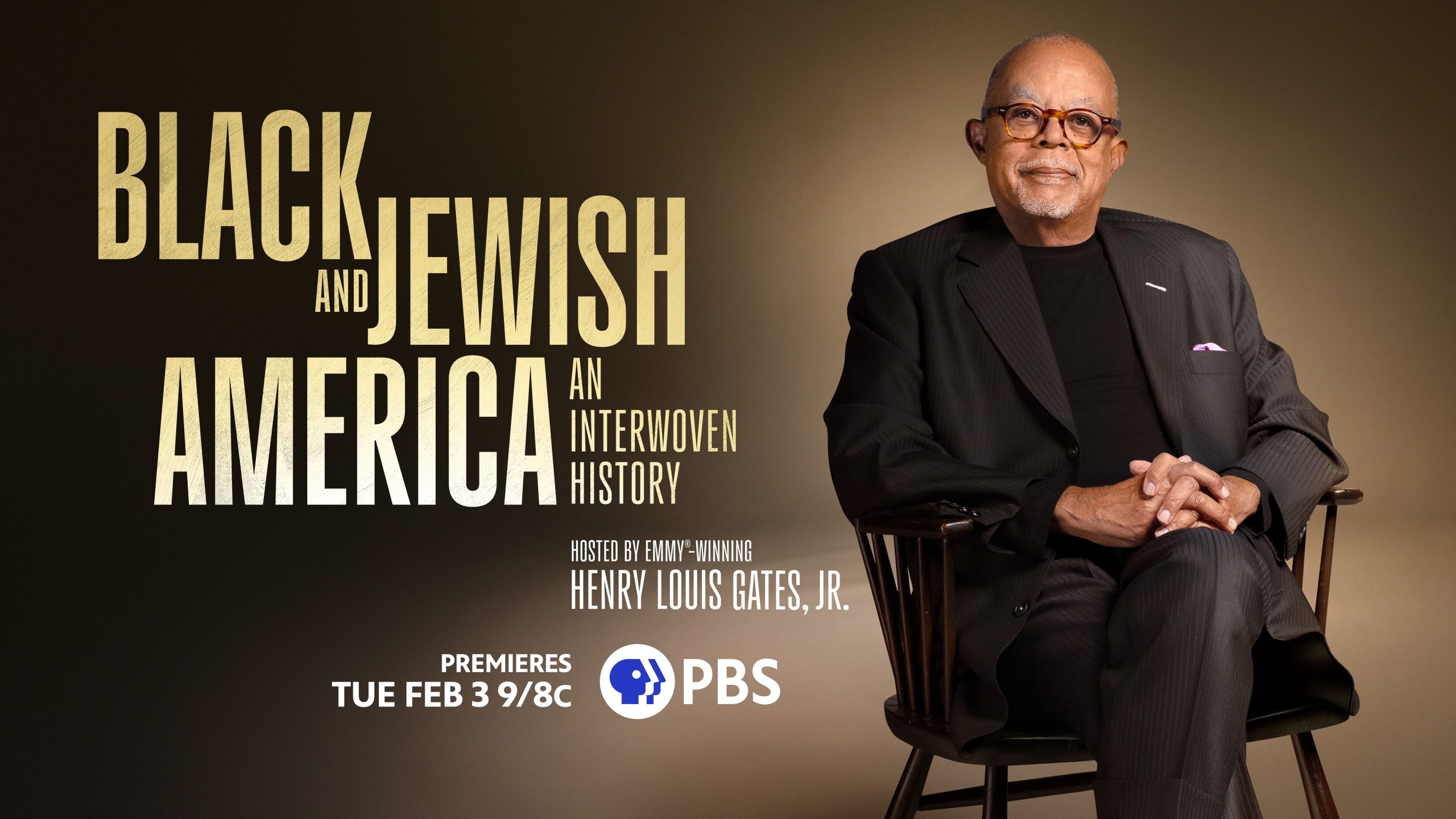
Star Trek: Deep Space Nine actress Chase Masterson sat down to speak with Solzy at the Movies about @SuperheroIRL during Star Trek: Mission Chicago.
@SuperheroIRL, a division of non-profit Pop Culture Hero Coalition, is the first 501c3 nonprofit to use evidence-based psychology in combination with iconic stories and characters to teach crucial mental health and social emotional learning skills in ways that children, teens, and adults find relatable. The organization is all about teaching mental health skills, bringing healing to bullied kids, then leading them to be heroes themselves.
If you’re unable to attend a convention where Chase Masterson is appearing in person, you can order Be Kind merchandise online.
Chase Masterson: We’ve had such a great feedback on fans having fun. I know you’re a fan and a professional, probably both, but it’s just lovely to see the energy here.
Especially after two years of a lot of people not going to conventions!
Chase Masterson: Exactly. It’s been quite a long stretch and people need the socialization again, obviously. People need what Star Trek stands for, I think, as much as ever. Unfortunately, we thought that a lot of the work was done that Gene Roddenberry set out to do but—I should say people think that it’s done but we need more. It’s great to see people gathering together and honoring Roddenberry’s principles and loving these shows that talk about the kind of world that we want to be in.
Did you know what you were getting into when you signed on for Deep Space Nine?
Chase Masterson: I knew some of it. I’ll tell you—I had a boyfriend who was such a Trekkie that I was only allowed to call him during commercials. That is the true story. I started watching TNG to find out when we could talk. I’m really sorry, no, no. I realized that the stories in TNG were very profound and I also realize that the stories of Deep Space Nine went even deeper in a lot of ways or at least in a lot of people’s eyes. It’s wonderful to see the stories of Discovery, that’s the current show that I’m most familiar with, really touching issues more deeply than Deep Space Nine touched. I’m grateful to be part of this legacy.
How did you decide to start up SuperheroIRL?
Chase Masterson: SuperheroIRL is the convention arm of the nonprofit that I founded, which is called Pop Culture Hero Coalition. I realized that bullying and discrimination is perhaps the most devastating issue in the world. Because as I see it, bullying and oppression is related to—it’s all the same dynamics, whether it’s on the playground, school, relationships, workplace, terrorism, gang membership, or war. It’s all the same dynamics of oppression. If someone’s saying we are more powerful than you, this is how we get to treat you, and we’re in charge of the rest of your lives—that is so wrong. We’re against that, both as a person and I recognize that as an actor that these stories are meant to make this world where that doesn’t happen.
Roddenberry painted a picture of a future that was inclusive and respectful, and really, more than respectful, but cherishing and upholding the human rights of everyone. I was in a position where I had been oppressed, frankly. I had a stalker, who was part of my Star Trek fan club. It was a devastating experience for me in many, many ways. A friend of mine said, if you want to feel better, go work with people who have it worse than you. Well, I was in horrible self-pity and whereas I know I have a lot of privilege in my life, I couldn’t think of anyone was as angry as me. I felt like fire could come out of my fingertips. I went down to Homeboy Industries and started working with ex-gang members because I was in a situation in my experience that was somewhat similar. I was afraid to go home because I was in fear of my life, where I had lived at that point. At that point I was drinking and I knew what it was like to take a substance to block out the pain and to never want to wake up.
I started working with these kids who I realized were born in the wrong zip code. I started realizing that these guys, who were both Crips and Bloods, could get along together and put aside their differences, or possibly uphold and cherish their differences, but not against each other in a way that was really quite beautiful. They had become like brothers. I started thinking if Crips and Bloods could do that, guys and women who would have killed each other for fun, quite literally, then so could the rest of the world, then the rest of the world could learn inclusion and kindness and make those differences not go away but not make them something that we were against, put us in a place to really respect and cherish each other’s differences. I did a TED talk about this and you can watch that if you’d like and know more about my personal journey and what ended up happening.
I partnered with Carrie Goldman, who is the author of Bullied: What Every Parent Teacher and Kid Needs to Know About Ending the Cycle of Fear. She was the mother of Katie the Star Wars girl or #MayTheForceBeWithKatie—there’s a story you can find online for that. She and I started to do programming at Comic Cons to end bullying. We soon realized that the reason that bullying exists is because people are unhealthy inside. You can’t just have an organization stop bullying. You have to teach kids healthy identity. You have to teach kids that it’s great to be who you are and therefore it’s great for this person to be who they are and there’s room for all of us. With healthy identity comes mindfulness so that kids can stop themselves and go, Wait a second, I’m about to be mean, maybe because I just heard one of my parents or guardians being mean. Maybe that’s how they talk in my house but I’m gonna get mindful and realize that I don’t have to—I’m going to be in charge of my mind and what comes out of my mouth. We talk about identity, mindfulness, resilience, and empathy so that kids don’t want to be treating each other like the way they don’t want to be treated. We talk about solving conflict in ways that are not psychologically violent or physically violent. We talk about social media and what’s the difference between being funny and versus mean. A lot of people say that was funny. Well, you know what? To me, it’s not.
We teach kids the dynamics of inclusion and we have a 32-lesson plan program. It is so powerful because we use stories like Star Trek, Star Wars, the Avengers, Harry Potter, Wonder Woman, and Batman. We use these stories that people can relate to so it’s not pointing a finger and saying do this, don’t do that. It’s more like you can be a hero over injustice. We can be heroes like we love heroes on screens and that it’s fun. That inclusion is so much more fun than being mean or exclusionary. Our program is so powerful that the YMCA picked it up nationwide. We are the program for inclusion and mental health for children and parents with YMCA across the country. We are also in schools, and Comic Cons like this—Star Trek cons. Our message is just, let’s make this a world where we can all live long and prosper. We can stand up for ourselves and we can stand up for each other. And yeah, make this a world we all want to live in.
Click here to learn more about @SuperheroIRL.
Please subscribe to Solzy at the Movies on Substack.





